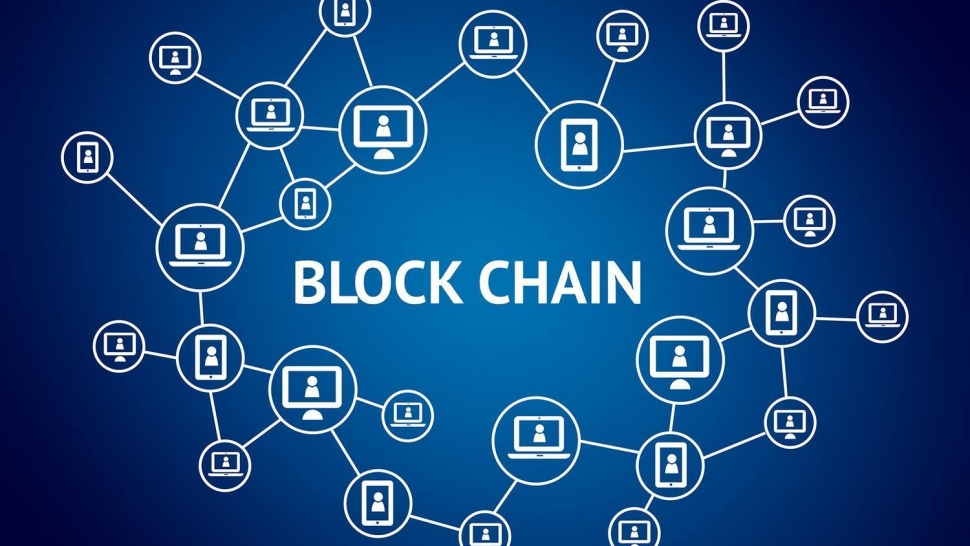With a blockchain, many people can write entries into a record of information, and a community of users can control how the record of information is amended and updated. Likewise, Wikipedia entries are not the product of a single publisher. No one person controls the information.
Descending to ground level, however, the differences that make blockchain technology unique become more clear. While both run on distributed networks (the internet), Wikipedia is built into the World Wide Web (WWW) using a client-server network model.
A user (client) with permissions associated with its account is able to change Wikipedia entries stored on a centralized server.
Whenever a user accesses the Wikipedia page, they will get the updated version of the 'master copy' of the Wikipedia entry. Control of the database remains with Wikipedia administrators allowing for access and permissions to be maintained by a central authority.
A blockchain, originally block chain, is a continuously growing list of records, called blocks, which are linked and secured using cryptography. Each block typically contains a hash pointer as a link to a previous block, a timestamp and transaction data. By design, blockchains are inherently resistant to modification of the data. The Harvard Business Review describes it as "an open, distributed ledger that can record transactions between two parties efficiently and in a verifiable and permanent way."
What Blockchain Is: A Brief Primer
One of the most talked about yet misunderstood topics in recent times, blockchain is completely overhauling the way digital transactions are conducted and could eventually change the way several industries conduct their daily business.
Two words that have rapidly become part of the mainstream vernacular are bitcoin and blockchain, which are often used interchangeably even though they shouldn't be. While they are related in a sense, these terms refer to two very different things.
Bitcoin is a form of virtual currency, more commonly known as cryptocurrency, which is decentralized and allows users to exchange money without the need for a third-party. All bitcoin transactions are logged and made available in a public ledger, helping ensure their authenticity and preventing fraud. The underlying technology that facilitates these transactions and eliminates the need for an intermediary is the blockchain.
Other Uses for Blockchain
Blockchain has come to the forefront of many discussions because of its role in the distribution of cryptocurrencies like Bitcoin. In the long run, however, these digital cash transactions may end up being a very small part of blockchain technology's overall footprint on the world as a whole and the way we transfer assets online.
The possibilities for blockchain implementation seem endless, as its underlying technology can be leveraged in virtually any field to perform a number of important tasks such as the following.
Executing contracts
Safely buying and selling intellectual property
Distributing important medical information
Ensuring that voting in elections is incorruptible
We, as a world society, have just begun to scratch the surface here. New potential uses for blockchain are being discovered on a regular basis.
Private blockchains will allow companies to revolutionize their own internal processes while public, open-source variations will continue to change the way we handle business in our daily lives.





Share the News